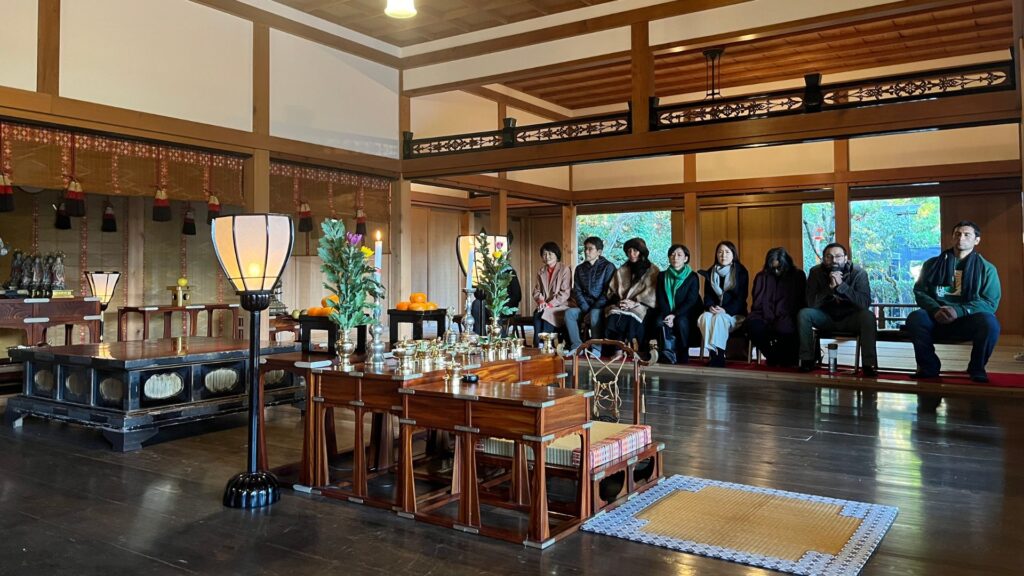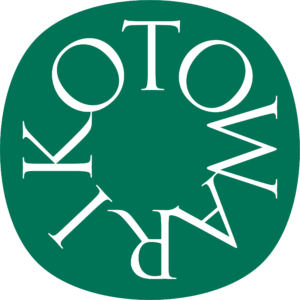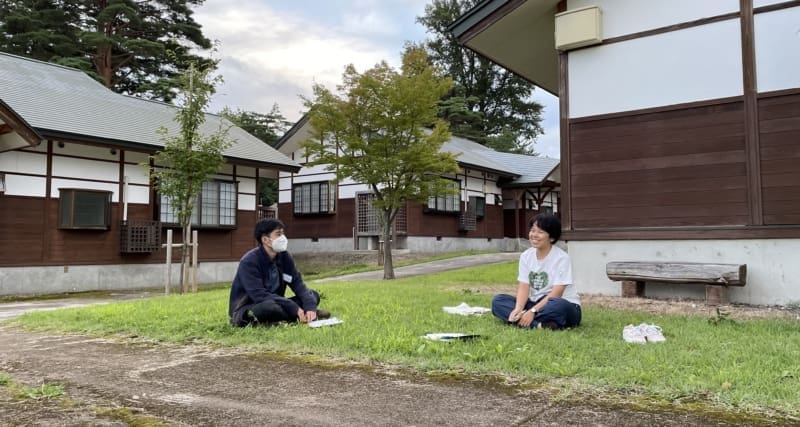KUNI Retreat: A Journey Beyond Time
In a series of heartfelt reflections shared by participants of the KUNI Retreat in Japan, we’re given a glimpse into the transformative journeys that unfolded against the backdrop of Japan’s enduring heritage. These narratives, steeped in personal and collective transformation, highlight the profound impact of spiritual immersion and the deep connections formed through shared experiences. From the reshaping of personal identities to the rekindling of ancient wisdoms, each participant brings forward a unique perspective on how the retreat transcended mere withdrawal to become a pivotal moment of introspection and connection. As we dive into their stories, it’s clear that the KUNI Retreat offered more than just a break from the mundane; it provided a space for profound spiritual and philosophical exploration, rooted in the rich tapestry of Japanese tradition and the communal pursuit of deeper understanding.

Participant’s Voice: No.1
Reflecting on my experience at the KUNI Retreat, I’m moved by the profound transformations that unfolded. This journey wasn’t just a physical one; it was an exploration of consciousness, where the context of the world, as we know it, was drastically different. The retreat was a reminder of how consciousness shifts and shapes within different languages, influencing our thoughts and emotions.
Kyoto, with its enduring beauty, became a place for deep reflection on what persists through time. The experience transcended mere tourism; it felt like a timely gift, an invitation to participate in a unique community. Our participation didn’t just change us; it altered the nature of things, challenging what it means to be indigenous and how we can bring forward the best wisdom from the past to collaboratively shape our future.
As I engaged with different cultures and perspectives, I saw the opportunity to help my American peers see the best of Japan. The retreat highlighted the importance of looking beneath the obvious, of rediscovering the indigenous soul of the world. It was about remembering and bringing forward ancient wisdom in a context that speaks to the modern world.
My Indian heritage offered a unique lens through which to view these experiences. I realized that each of us has something distinct to offer, and it’s crucial to understand the dual-faced nature of Japan and the world, especially in the context of Western capitalism.
The power of ceremony and collective consciousness became vividly clear to me. It’s a technology for our collective consciousness to access and attend to our shared realities. This realization stands in stark contrast to the individualistic orientation prevalent in Western contexts. It’s about emergence and relationality; about creating conditions for collective experiences rather than focusing solely on individual outcomes. Japanese culture, steeped in relationality, offers a stark contrast to the Western approach, emphasizing a deep interconnectedness that transcends mere accountability.
As someone deeply involved in academia and technology, I see how we often underestimate a vast unexplored terrain in the unknown. We often overlook the 95% of reality that remains a mystery, focusing instead on the known. Yet, it’s in the relationship with the unknowable that true creativity and magic emerge. This retreat has reaffirmed the importance of community in navigating this complex, interconnected reality. It’s about living in questions rather than seeking definitive answers, embracing mystery, humility, intuition, creativity, and radical kindness.
Looking ahead, I feel a sense of inevitability about reconvening, about continuing this journey of exploration into the unknown. It’s about embracing uncertainty as a pathway to liberation, a stark departure from centuries of colonialism and imperialism that taught us to predict and control. True freedom lies in loving uncertainty, in feeling secure in the unknown and finding companions willing to explore these depths with us. As the world grapples with unprecedented changes, our ability to love uncertainty and embrace the unknown will be the key to navigating the future.






